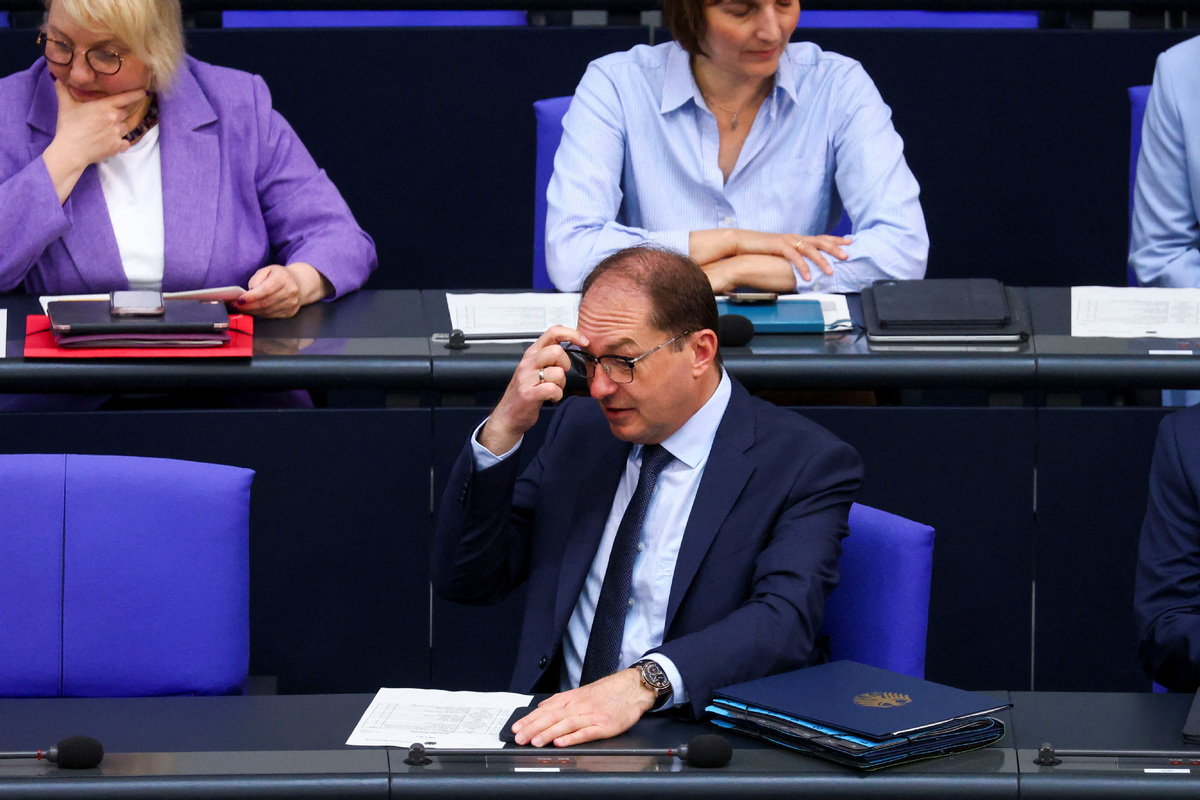Germany proposes ban of refugee family reunification, sparking outcry


BERLIN -- German Interior Minister Alexander Dobrindt on Friday proposed suspending family reunification for refugees with limited protection status, which has drawn sharp criticism from opposition parties and youth organizations.
Unlike recognized refugees who enjoy full rights to reunite with family members, individuals granted subsidiary protection are currently subject to a monthly quota allowing only 1,000 relatives, such as spouses, minor children, and parents of unaccompanied minors, to join them in Germany.
Under a draft law proposed by the governing coalition, this limited provision would be entirely suspended for two years. Only exceptional hardship cases would remain eligible.
Condemning the bill as inhumane, Green Party lawmaker Schahina Gambir said that "families belong together," and warned that restricting legal pathways would strengthen human smuggling networks.
Left Party member Clara Bunger accused Dobrindt of criminalizing legal migration routes by removing one of the last remaining lawful channels for vulnerable individuals to reunite with loved ones.
Philipp Tuermer, a leader of the German youth organization Jusos, said in an interview with Deutschlandfunk that the plan would harm integration efforts for those already in Germany. "We believe it is both a moral obligation and a practical necessity to allow family reunification," he said.
Dobrindt claimed that Germany had reached the limit of its integration capacity. He argued that curbing "illegal migration" required a comprehensive set of national and EU-level measures, including stricter border controls, expanded lists of safe countries of origin, and the establishment of asylum centers at the EU's external borders.
The proposal has reignited debate over whether family reunification should be classified as part of irregular migration. Critics from the Greens and Left parties pointed out that reunification is a legal and regulated process, not illegal entry.
According to data from the Federal Ministry of the Interior, the German government received 229,751 asylum applications in 2024, compared to 329,120 in 2023. In the first five months of this year, the number of new applications continued to decrease.
































